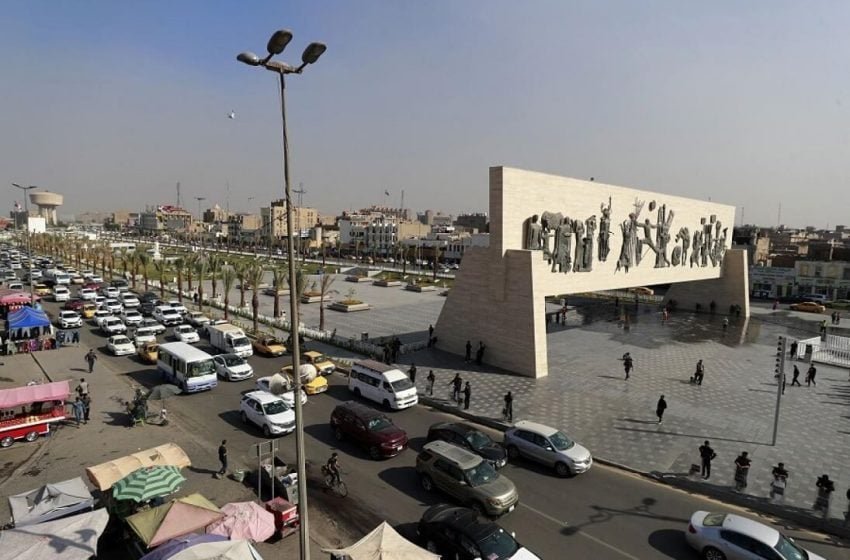Iraq’s annual inflation rate fell by 0.3% in October, while the monthly rate rose slightly by 0.1%, according to the Iraq Future Foundation for Economic Studies and Consultancy. The figures show easing prices across key goods but also raise concerns about slower growth.
Therefore, the foundation’s report showed price declines in several sectors, including food, beverages, clothing, footwear, household appliances, telecommunications, restaurants, hotels, recreation, and culture. These lower prices help consumers save money but may also point to weaker demand in the market.
Economic expert Manar al-Obaidi, head of the foundation, said Iraq’s annual inflation figures should be examined within the wider context of Iraq’s economy. He urged linking inflation trends with GDP growth, job creation, unemployment, and business activity.
“Falling prices benefit consumers temporarily,” al-Obaidi said. “But when inflation continues to drop, it can also mean people are spending less and businesses are investing less.” He added that sustainable growth depends on strong local production and steady consumer demand.
Earlier, Iraq’s Ministry of Planning reported a small increase in monthly inflation for September, reflecting ongoing fluctuations in prices due to supply chain changes, import costs, and market demand shifts.
Analysts believe tracking Iraq annual inflation alongside oil revenues, currency stability, and private sector activity is vital to understanding the country’s economic health. Since oil remains Iraq’s main source of income, diversification and investment in local industries are crucial for maintaining long-term stability.
They also emphasize the importance of non-oil exports, infrastructure upgrades, and small business development. These steps can raise production, create jobs, support entrepreneurship, attract investors, and help Iraq withstand global market shifts.
Experts urge the government to continue balanced fiscal and monetary policies while supporting private sector expansion to ensure price stability and sustainable economic growth, promoting innovation, attracting foreign investment, and strengthening overall economic resilience.


